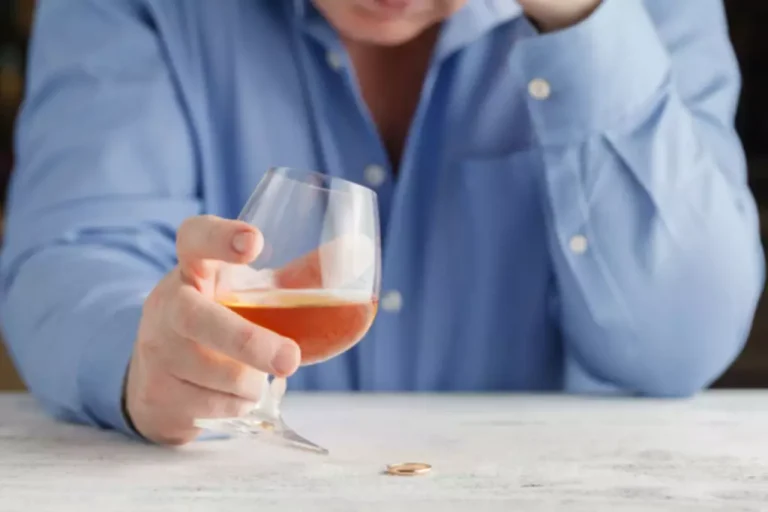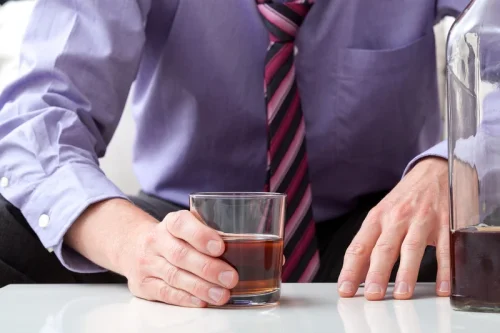
Perhaps the most important thing to know about cravings is that they do not last forever. It is also necessary to know that they are not a sign of failure; they are inevitable. But their lifespan can be measured in minutes—10 or 15—and that enables people to summon ways to resist them or ride them out. Too much alcohol affects your speech, muscle coordination and vital centers of your brain. A heavy drinking binge may even cause a life-threatening coma or death.
- We will also outline some of the common warning signs of alcohol relapse as well as what to do when an alcoholic relapses.
- Therapy for those in recovery and their family is often essential for healing those wounds.
- An alcohol relapse means you go back to drinking regularly after having a period of sobriety without the use of alcohol.
- Experts in the recovery process believe that relapse is a process and that identifying its stages can help people take preventative action.
Options for Treatment
Clinical experience has shown that individuals have a hard time identifying their high-risk situations and believing that they are high-risk. Sometimes they think that avoiding high-risk Alcohol Relapse situations is a sign of weakness. Your provider may also be able to suggest an online self-guided program. Such e-health tools have been shown to help people overcome alcohol problems.
Loss of Control
The goal of treatment is to help individuals recognize the early stages, in which the chances of success are greatest [1]. Second, recovery is a process of personal growth with developmental milestones. Third, the main tools of relapse prevention are cognitive therapy and mind-body relaxation, which change negative thinking and develop healthy coping skills [3].
Addiction: What to Know About Relapse

If someone is in recovery, they might feel more of a temptation to drink again than normal. It’s helpful to have a relapse prevention plan that considers these triggers, with specifically identified strategies to address them. There is one benefit of self-help groups that deserves special attention. They can be obstacles to recovery, because individuals may feel https://ecosoberhouse.com/ that they have been damaged by their addiction and they don’t deserve recovery or happiness. Clinical experience has shown that self-help groups help individuals overcome their guilt and shame of addiction by seeing that they are not alone. In late stage recovery, individuals are subject to special risks of relapse that are not often seen in the early stages.

This may vary from person to person and be influenced by things such as extent and length of use. Talking openly about a lapse or relapse with a care team can help you develop and strengthen your relapse prevention plan and identify how to get back on track with your recovery goals. Emotions may prompt thoughts of using but so can external cues or stimuli. Cognitive behavioral therapy (CBT) is an important tool for preventing relapses. It teaches you how to overcome negative thinking, which is often at the heart of a relapse. For example, you might believe that you can’t quit, that recovery takes too much effort, and that you won’t enjoy life as much without alcohol.
- Even if you survive, an overdose can leave you and your family members with lots of feelings to sort through.
- They start to think that recovery is hard work and addiction was fun.
- That said, there are four general stages of recovery, as compiled by addiction expert Steven M. Melemis, MD.
Not least is developing adaptive ways for dealing with negative feelings and uncertainty. Those ways are essential skills for everyone, whether recovering from addiction or not—it’s just that the stakes are usually more immediate for those in recovery. Many experts believe that people turn to substance use—then get trapped in addiction—in an attempt to escape from uncomfortable feelings. Reflect on what triggered the relapse—the emotional, physical, situational, or relational experiences that immediately preceded the lapse.
Learning Objectives

Based on clinical experience, many health care providers believe that support from friends and family members is important in overcoming alcohol problems. But friends and family may feel unsure about how best to provide the support needed. The groups for family and friends listed in the “Resources” section may be a good starting point.

Abstinence stage
Groups for Family and Friends

